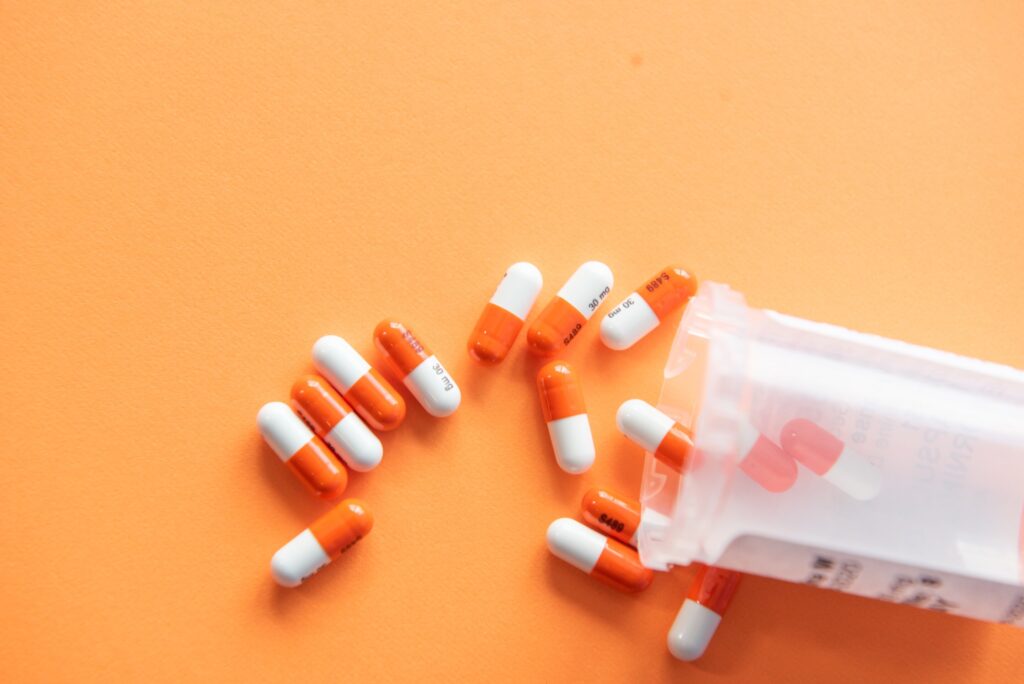Antiseptic Drug May Be as Effective as Antibiotics at Preventing Recurring UTIs

Antiseptic Drug May Be as Effective as Antibiotics at Preventing Recurring UTIs.
A non-antibiotic treatment, methenamine Hippurate, could benefit women who live with recurrent urinary tract infections (UTIs).In a new study Trusted Source, researchers say the antiseptic treatment acts as prophylaxis without contributing to the growing problem of antibiotic resistance.
The study, published in the British Medical Journal, looked at 240 women over the age of 18 with recurrent UTIs. The participants randomly received either methenamine Hippurate or a low dose antibiotic. The trial lasted 18 months and the women had a follow-up visit every 3 months.
Between 50 and 60 percent of adult women experience Trusted Source at least one UTI in their life. Around 25 percent have recurrent infections. In the study, recurrent UTIs were categorized as at least two episodes in the past 6 months or three episodes in the past year. Traditionally, the medical community treats recurrent infections with daily low dose antibiotics.
The problem with this approach is that it can build antibiotic resistance, especially in older adults. Another potential issue is Clostridium difficile (C. diff), which can cause severe diarrhea, fever, nausea, and loss of appetite. Antibiotics kill both good and bad bacteria in your intestines, leaving you vulnerable to C. diff. You’re more likely to get C. diff when taking antibiotics for a week or more.
If you are taking antibiotics and have diarrhea three or more times a day, and it doesn’t go away after 3 days, you should contact your doctor.
What researchers found
In their study, the researchers concluded that methenamine Hippurate could be a viable alternative to daily antibiotics for women with recurrent UTIs.
In the study, women taking antibiotics had .89 incidents and those taking methenamine Hippurate had 1.38 incidents. There were more UTI episodes in women using the methenamine Hippurate, but the researchers determined it to be “non-inferior to antibiotic prophylaxis.”
“This trial provides the highest quality evidence to date detailing the clinical benefit of a non-antibiotic preventive treatment,” said Dr. Christopher Harding, the lead author of the study, a urological surgeon and the chairman of the European Association of Urology Guidelines. “Previous work has suggested that methenamine may be useful, but this trial provides further high quality evidence.”
“Our results could support a change in practice in terms of preventive treatments for recurrent UTI and provide patients and clinicians with a credible alternative to daily antibiotics,” Harding told Healthline. “The information provided by this trial will allow clinicians and patients to undertake a shared decision-making process relating to UTI preventive treatments.”
“The study showed a small numerical difference in UTI incidence between the daily antibiotics and methenamine Hippurate groups, but the potential trade-off includes the avoidance of antibiotic consumption, which is closely associated with antimicrobial resistance development,” he added.
What is a UTI?
“A UTI is caused by bacteria that get into your urine and travel up to your bladder,” according to the Urology Care Foundation.
While anyone can get UTIs, they’re much more common in the female urinary system since the urethra is shorter, allowing bacteria to travel quicker to the bladder.
Symptoms of a UTI may include:
- pain in the lower abdomen and possibly the lower back
- burning or pain when urinating
- increased frequency of urinating
- cloudy or bloody urine
- Some people might also have a low grade fever.
It’s recommended that a doctor should treat UTIs since they can develop into kidney infections, which are much more severe. Contact your doctor immediately if you experience a fever over 101°F, fatigue, pain in your side, back, or abdomen, nausea, or vomiting.
Preventing UTIs
Some people are more prone to UTIs than others. However, everyone can take steps to reduce their risk of developing one.
The Centers for Disease Control and Prevention recommendsTrusted Source:
- urinating after sexual activity
- drinking plenty of water
- taking showers instead of baths
- avoiding douching, sprays, or powders in the genital area
- wiping from front to back after urinating
You can also add foods with probiotics, such as yogurt, kefir, sauerkraut, or tempeh to your diet or speak with a doctor about taking probiotic supplements.
Some forms of birth control can also raise your risk of developing a UTI, so you could ask a doctor about them if you have repeated UTIs. These forms include,
- diaphragms
- nonlubricated condoms
- spermicide including condoms with spermicide.


